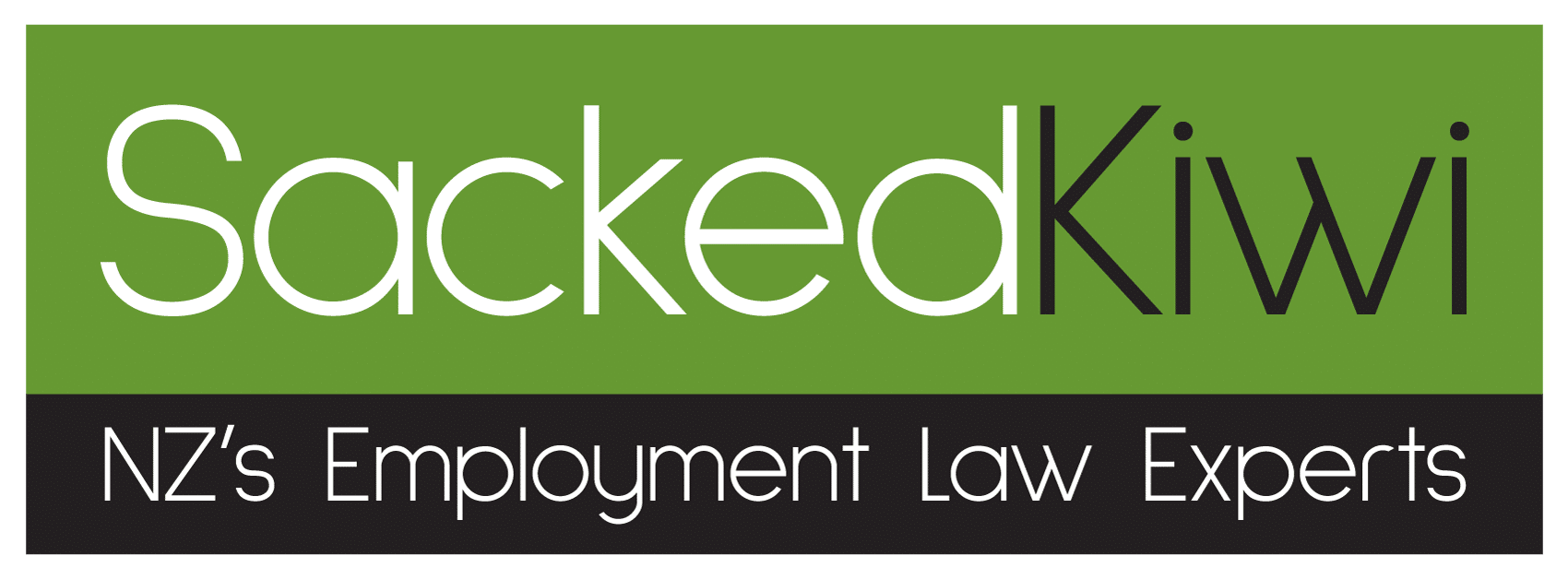Navigating workplace disputes can be challenging, but employees in New Zealand are protected by robust legislation designed to ensure fair treatment. One essential aspect of this protection is the personal grievance process, which allows employees to address grievances relating to their employment. This process is crucial in safeguarding employee rights and maintaining a fair and just work environment.\
What is a Personal Grievance?
A personal grievance, as defined by New Zealand employment law, is a complaint by an employee against their employer, typically relating to unjustified actions or decisions affecting their employment.
Grievances can arise from various situations, including but not limited to:
- Constructive Dismissal: where you have been made to feel that you have no choice but to resign from your job because your workplace or working conditions have been made so unpleasant that you don’t feel you can continue to perform your job.
- Sexual Harassment: when you are subjected to unwanted sexual advances from the employer or another employee, getting requests for sexual favours or are being subjected to offensive physical or verbal behaviour of a sexual nature.
- Unjustifiable Dismissal: where the employer fails to follow the proper process and/or does not have justification to end your employment. Reason’s for unjustifiable dismissal include failure to give proper notice, failure to address concerns you have raised, etc.
- Discrimination: is typically this is based on but not limited to gender, age, race, ethnicity, religion and disability. It is when the same behaviour is shown, or not shown, towards people of similar skills, experience and qualifications who work in similar roles.
It is important to seek advice if you have any questions or doubts on whether you have grounds for a personal grievance.
Initiating the Personal Grievance Process
When an employee believes they have grounds for a personal grievance, they must initiate the process promptly. This involves notifying their employer of the grievance and outlining the nature of the complaint in writing. It’s essential to provide specific details and any relevant evidence to support their claim.
Upon receiving the grievance, the employer is obligated to investigate the matter thoroughly and respond in writing within a reasonable timeframe. This response should address the allegations, provide reasons for the decisions or actions taken, and propose any remedies if the grievance is upheld.
Unjustifiable Actions and Remedies
Central to the personal grievance process is the concept of “unjustifiable action” by the employer. This term encompasses actions or decisions that are unfair, unreasonable, or without proper justification under employment law. Common examples include wrongful dismissal without proper procedure, discriminatory behaviour, or breaches of the employment agreement.
If a personal grievance is found to be justified, the Employment Relations Authority (ERA) or the Employment Court may order remedies to address the harm caused to the employee. These remedies can include:
- Reinstatement: Returning the employee to their former position or a comparable role within the organization.
- Reparation: Financial compensation awarded to compensate for loss of wages, emotional distress, or other damages suffered.
- Apology or Reconciliation: Formal acknowledgment of wrongdoing and efforts to repair the employment relationship.
The specific remedy depends on the circumstances of the case and the severity of the unjustifiable action.
Mediation and Resolution
In many cases, personal grievances are resolved through mediation facilitated by a mediator from the Ministry of Business, Innovation, and Employment (MBIE). Mediation offers a confidential and informal setting where both parties can discuss the issues and work towards a mutually acceptable resolution.
Mediation is not mandatory, but it is strongly encouraged as a cost-effective and efficient way to resolve disputes without the need for formal hearings. During mediation, trained mediators assist the parties in exploring potential solutions and reaching a settlement that addresses the employee’s concerns while considering the employer’s perspective.
The Role of the Employment Relations Authority (ERA)
If mediation fails to resolve the grievance, or if either party prefers not to engage in mediation, the matter may proceed to the ERA for adjudication. The ERA is an independent authority responsible for resolving employment disputes impartially and fairly.
Parties involved in a personal grievance can apply to the ERA for a formal determination of the issues. The ERA conducts hearings where evidence is presented, and both parties have the opportunity to state their case. Based on the evidence and legal principles, the ERA makes a binding decision on whether the personal grievance is justified and, if so, what remedies should be awarded.
Key Takeaways for Personal Grievances
The personal grievance process in New Zealand is a vital mechanism for protecting employee rights and ensuring fair treatment in the workplace. It provides employees with avenues to address unjustifiable actions by their employers and seek appropriate remedies for any harm suffered. Understanding this process empowers employees to assert their rights effectively and encourages employers to adhere to fair employment practices.
By upholding the principles of fairness and justice, the personal grievance process contributes to a harmonious and productive work environment where both employers and employees can thrive. It serves as a cornerstone of New Zealand’s employment law, reflecting a commitment to equity and accountability in the workplace.
Legal Disclaimer
The content posted on the Sacked Kiwis website should not be considered or relied upon as legal advice or opinion. The information presented here is not intended to serve as legal guidance. Over time, laws and regulations evolve, potentially altering the accuracy of previously shared information. Updates in jurisprudence or legislation (for example, changes to the Employment Relations Act), which could happen without immediate notice, may render the legal information on this platform outdated or obsolete. Seeking legal advice is always advisable.
Should you need employment advice, please don’t hesitate to contact us through our toll-free hotline.

